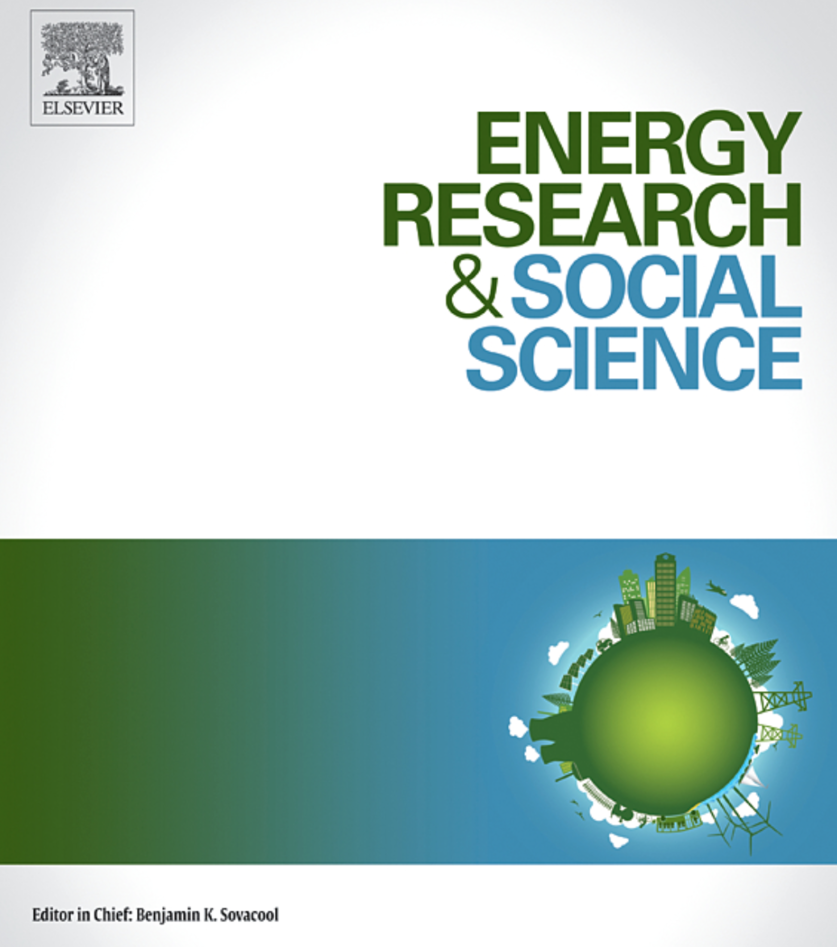What is the role for social scientists in accelerating sustainable energy transformations?

Main content
At CET, and particularly in the SpaceLab group working on urban and local governance, we have spent a significant amount of time discussing this question. In accelerating sustainable energy transformations, how can social scientists best contribute? “Actionable knowledge” is a key objective for our centre. But what does this mean for social scientists? Our discussions have resulted in an article, now published in the leading journal Energy Research and Social Science.
Our point of departure was that social scientists, us included, are increasingly invited into partnerships with other researchers – natural scientists, engineers, for example. We are also invited into collaborations with actors in society – municipalities, city governments, sometimes even companies. This is of course exciting, and presents new possibilities for engagement and impact.
However, our experience has been that this engagement is not without problems. It is easy to be stereotyped (or to stereotype oneself) into certain roles that do not actually allow us to use our competences to their full potential. Most typically, perhaps, we tend to be seen as a spokesperson for the natural scientists. We are expected to translate their ‘hard’ facts to the public, or help convince politicians to take action. This is not something we are against doing, of course. But it underestimates the complexities of political decision-making, and also misapprehends what our actual competences comprise.
Another stereotype – and this is one that we often place ourselves into – is what we call the “desk-bound radical”. This is the social scientist who, armed with critical theory, is content to point to all the inequalities and power imbalances of the world rather than actually dealing with the compromises and complexities of real-world problems. To us, a critical sensibility is really important, but we want to go beyond “preaching to the choir”.
Therefore, we have to avoid both these roles or stereotypes, and find ways to engage that make better use of our core competences. So the core argument of our paper is to put forward three ways – or “modes” as we call them – for social scientists to engage with society:
Firstly, this is about producing and situating actionable knowledge: we can use our methodological and theoretical competences to produce “facts” that are relevant to the places and times where they can be used. We often call this “contextualising” knowledge. Decision-makers and citizens are not necessarily interested in universal facts, but rather in what makes sense to the particular decisions they are facing.
Secondly, we can critically reframe discourses: we can take on the role of asking critical questions, point to underlying assumptions that make solutions difficult to reach, or help envision new ways forward. This does not necessarily build on concrete empirical research, but rather on our training in seeing problems from different angles and looking at the big picture.
Thirdly, we are capable of connecting actors and processes: decision-making processes are often fragmented and complex, and individual actors often only see parts of the picture. We can use the independence that we often have to try to create bridges and break down so-called “silos”. This is what we recently tried to do when we helped organise a “climathon” that brought different decision-makers and stakeholders together to discuss climate change adaptation.
In short, we want to broaden the horizon for what it means for social scientists to engage with society. But it is really important that this engagement is based on our key academic competences and our scientific credibility. In this piece, we draw on some examples from our practice and share our reflections and learning. We hope others find this a useful resource and an engaging read – feel free to share your thoughts with us!
Full reference:
Haarstad, H., Sareen, S., Wanvik, T. I., Grandin, J., Kjærås, K., Oseland, S. E., Kvamsås, H., Lillevold, K., Wathne, M. (2018). Transformative social science? Modes of engagement in climate and energy solutions. Energy Research and Social Science, 42, 193–197.
Request publication